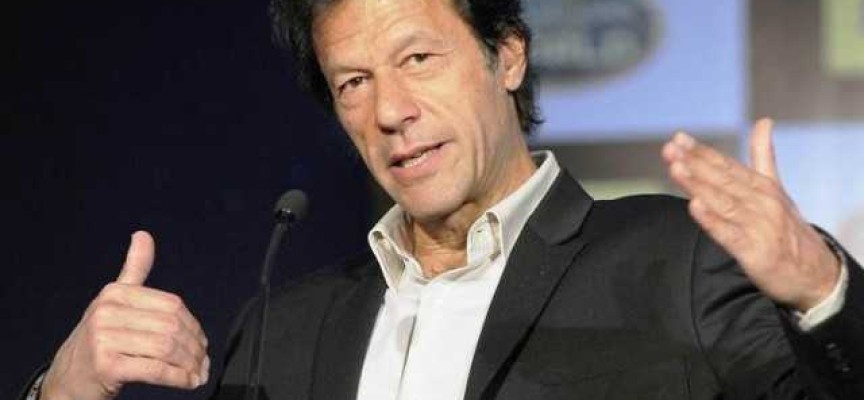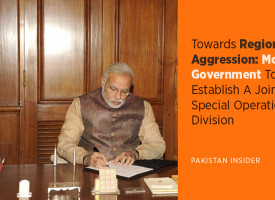Imran Khan doesn’t need any introduction what so ever. He was mentioned as 3rd in a list of nine world leaders by Global Post 2012. Asia Society recorded him as the person of the year 2012. The Phew Research Centre in the same year conducted a survey that showed Khan as the most favored by the youth.
We all know about his transformation from an ultra shy Aitchisonian to super articulate Captain of Pakistan Cricket team. His welfare achievements like being the Chairperson of the Board of Governors of Shaukat Khanum Hospital and the founder of Numal College.
Khan’s political career started when he found Pakistan Tehreek-e-Insaaf in 1996; which was very well received by the educated, conscious class of Pakistan. He supported Musharaf’s coup in 1999 as imagined it will bring the end of much practiced corruption by most political leaders. Later he did not support Musharraf contestin presidential elections while still in army uniform. The objection was based on principle. So was the objections he raised on MQM head in the earliest days of his political career. He was the first one who almost single handedly drew the attention of Muslim world about the alleged desecration of Quran in U.S. military prison at the Guantanamo Bay Naval Base. He was the first one to raise voice against the U.S. drone attacks in Pakistan.
What I fail to understand is the evolution of a statesman to a Politician. His entire election campaign was based on negative propaganda. For people like me the focus of responsibility should be inner rather outward; one should emphasize what you have to offer, how you stand out, what exact change you can make rather how corrupt the other one is. The last mammoth statesman Muslims of sub-continent can name is Mohammad Ali Jinnah. How he fought the troika and founded Pakistan? Not by riots, protests or sit ins. He fought on principles.
Jinnah knew well that by staying out of system he could never benefit. Although, he opposed separate electorates for Muslims, but he realized in time and secured his elective office in the Imperial Legislative Council. Khan can stay a part of system, not derail it yet show dysfunctional the present political scenario is.
No objections on Khan thinking that his style is similar to Gandhi, all due respect to him. Jinnah did not let one person get harmed over decades of his political struggle. He did not get his party members imprisoned. He did not let them loose single day’s earnings. Jinnah regarded Gandhi’s proposed satyagraha campaign as political anarchy, and believed that self-government should be secured through constitutional means. Yes, the waters are turbulent for Khan but the situation is not as desolate as it was back then.
The same province that Khan promises to make as New Pakistan, gave Jinnah the most heartbreak in 1937. But he revamped the League; he restructured it, gave out cheapest possible memberships, expanded the League and gave most power to the working committee. He consistently believed in negotiation, never violating the legislature
The similarities I see between the two leaders are much greater as to Khan’s self pro-claimed resemblance. Both belong to rather affluent middle class, went to good local schools, educated and lived in UK, not very stable married lives. Now both were well read, great exposure to the world, have impeccable dressing taste, articulate and well versed. What Khan lacks and Jinnah had it instilled in his bones is, consistency, focus, insistent based over years not minutes. As Edwin Montagu quoted Jinnah in his memoirs, “young, perfectly mannered, impressive-looking, armed to the teeth with dialectics, and insistent on the whole of his scheme.’
“I have called for the civil disobedience movement for you, not for myself. We will not pay taxes, electricity or gas bills,” this is not what fits the profile of Imran Khan. I have no idea how the present situation will pan out, what I know I had higher expectations from the Khan who stands in his own League.
The Jinnah I idealize is known throughout history as the sharp eyed, super focused leader who based his addresses on reasoned arguments and cold logic never stooping to the levels of others. I pray that Khan soon joins the class of Jinnah.
“What distinguished Jinnah from his great contemporaries is that he was quite self-consciously a modern man – one who valued, above all, reason, discipline, organisation, and economy. Jinnah differed from other Muslim Leaders in so far as he was uncompromisingly committed to substance rather than symbol, reason rather than emotion, modernity rather than tradition.” Prof Zaidi








The guy sure is putting in a lot of effort for this nation. Probably that’s the reason why he has has been listed as the most inspirational leader of the world by a major international magazine.
Check this out http://www.ageekyworld.com/10-inspirational-and-famous-leaders-from-all-around-world/